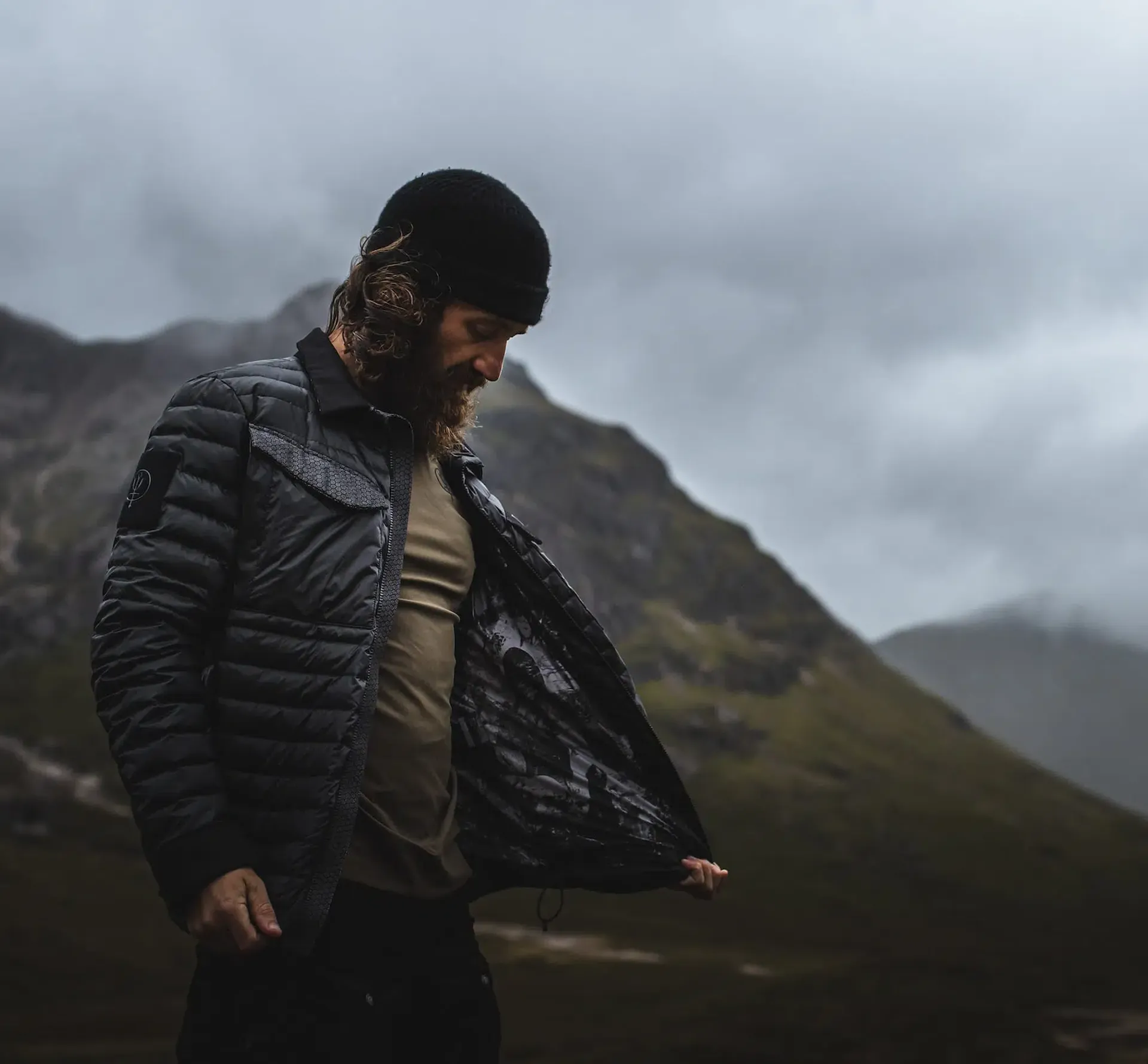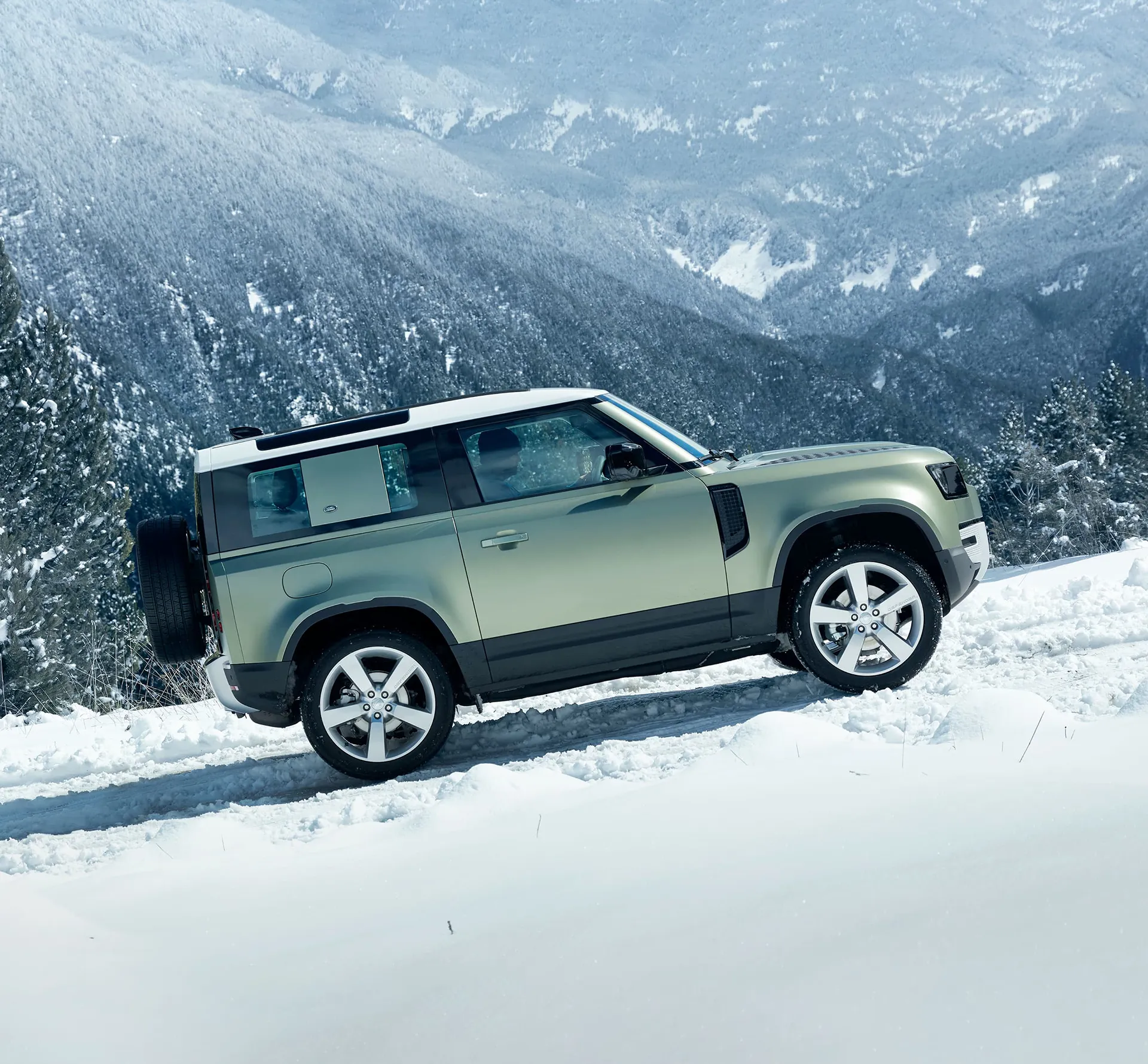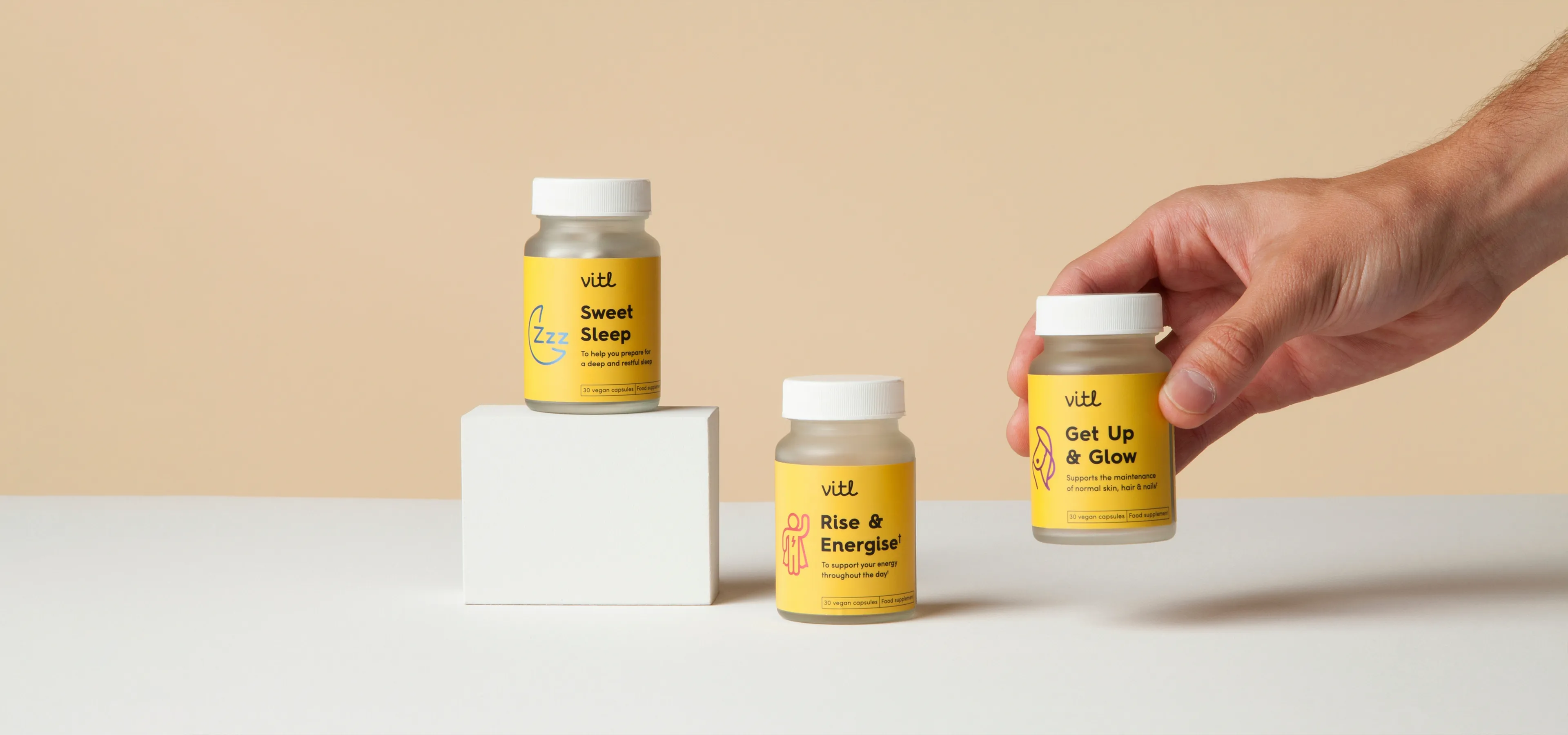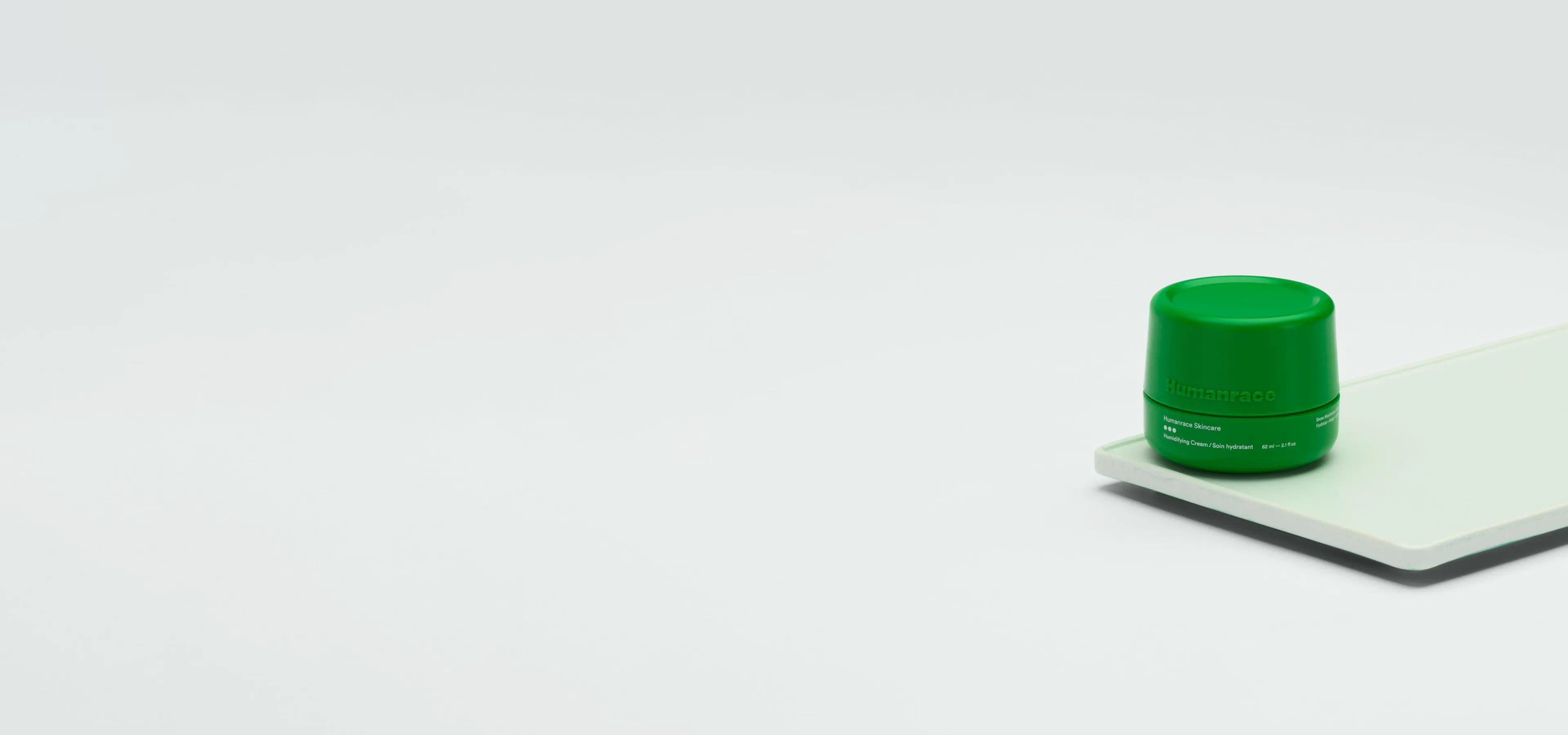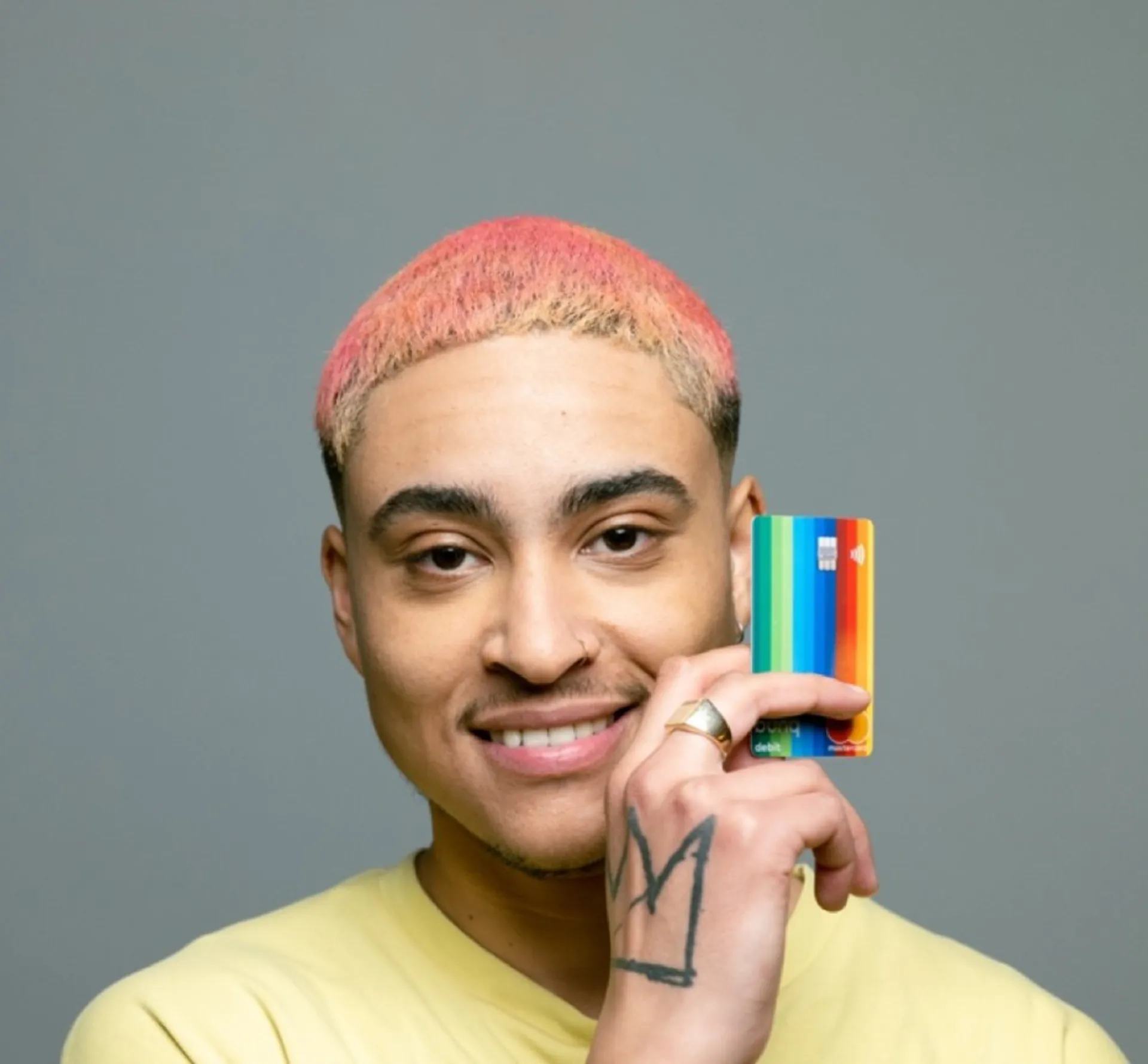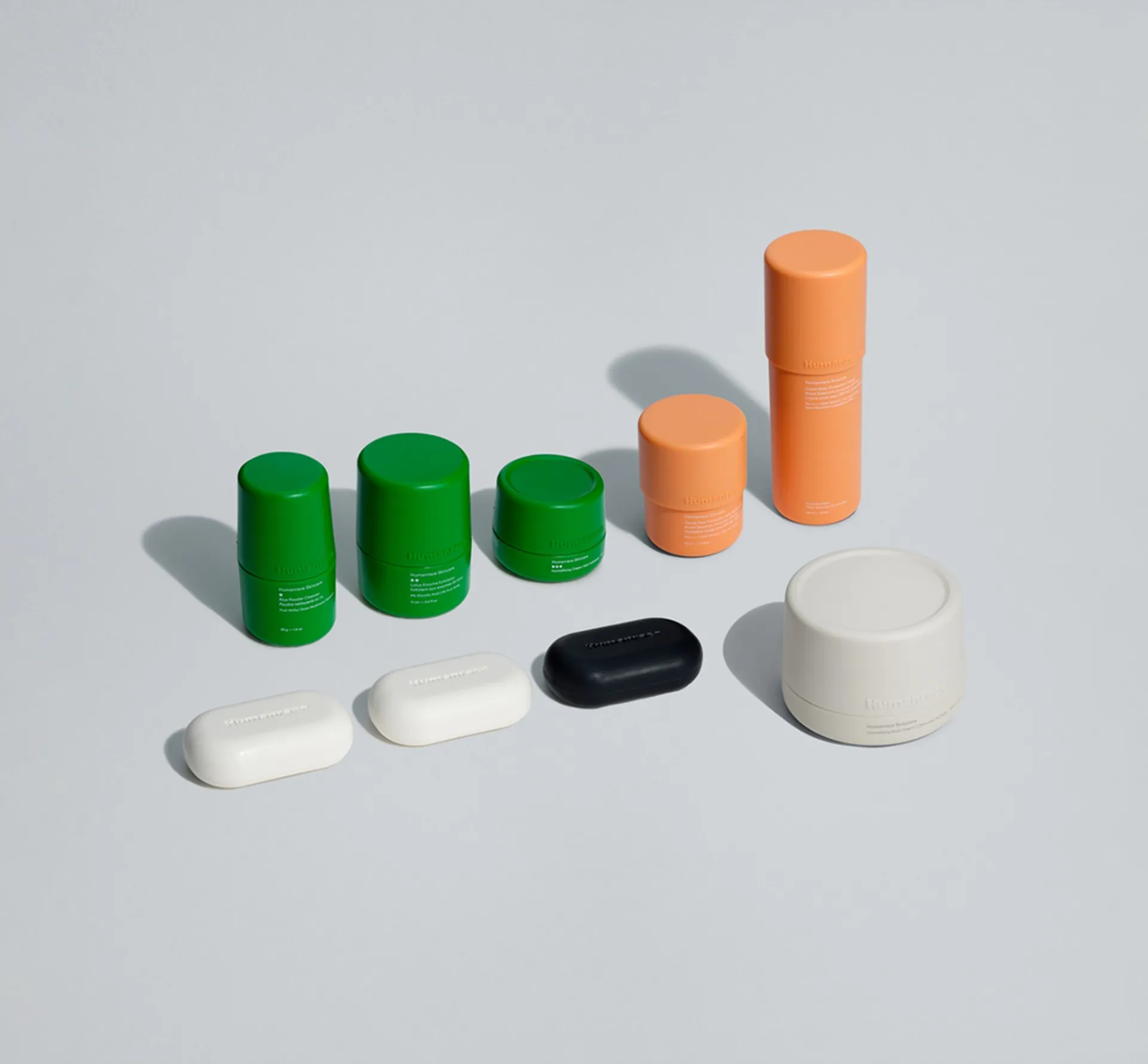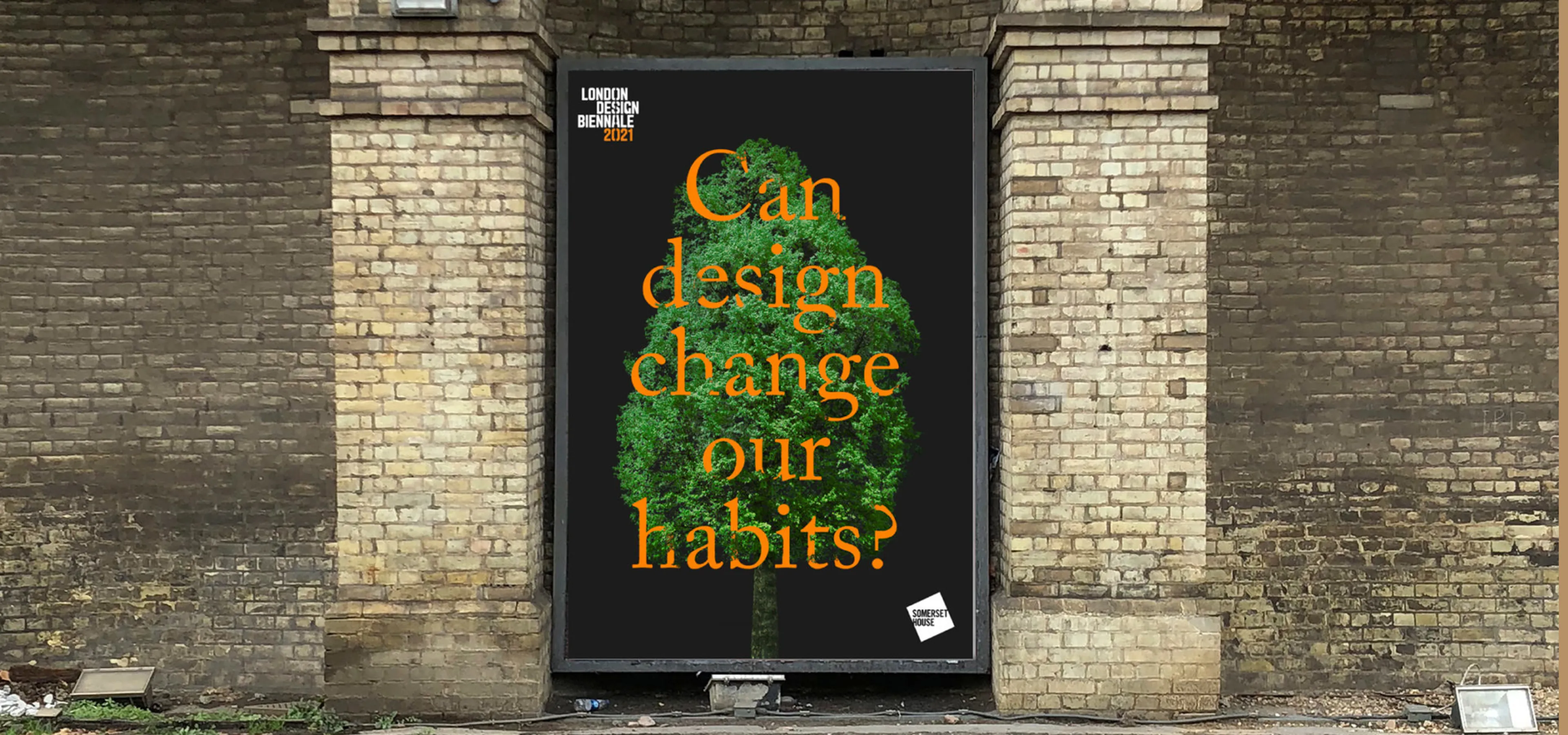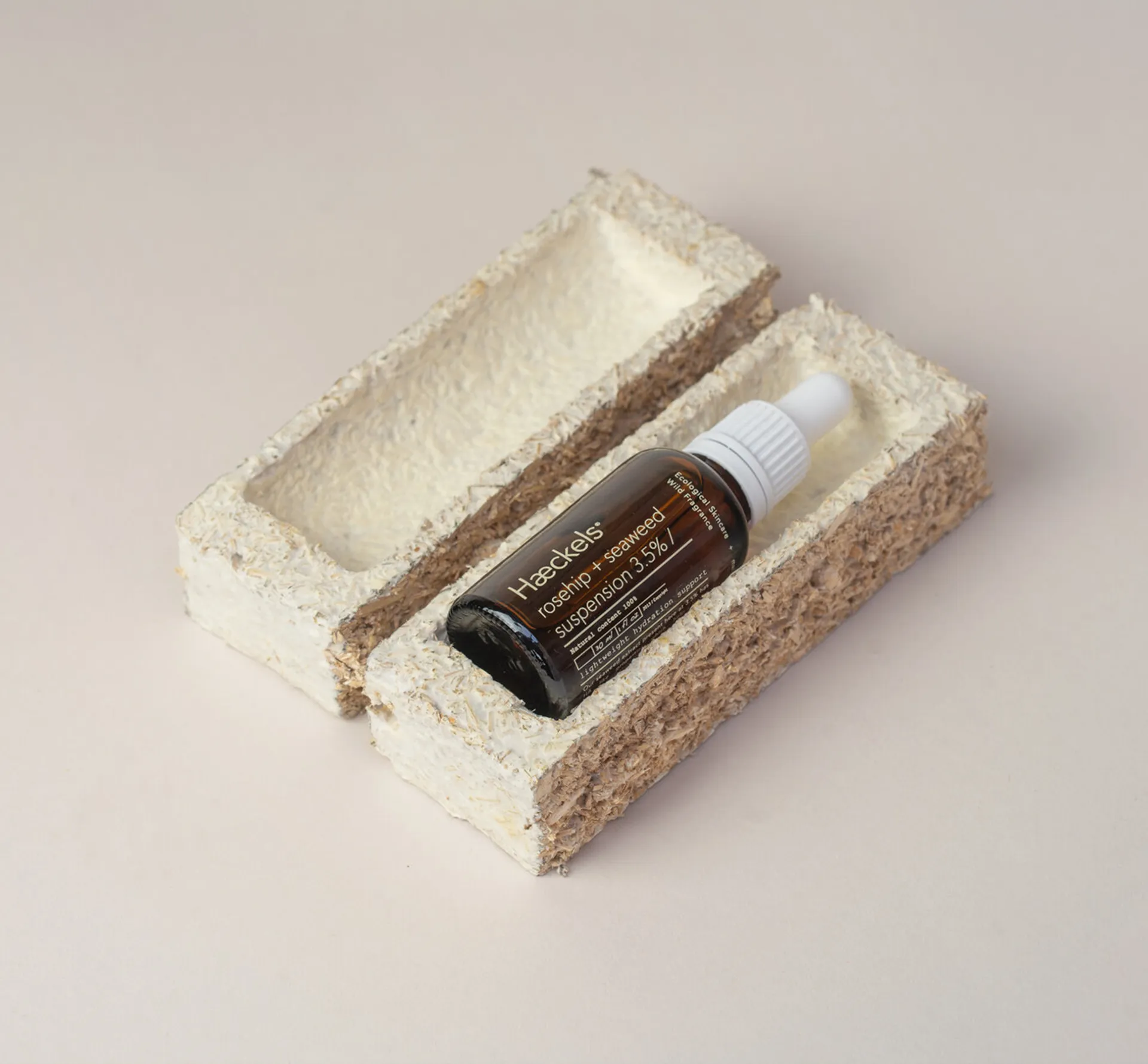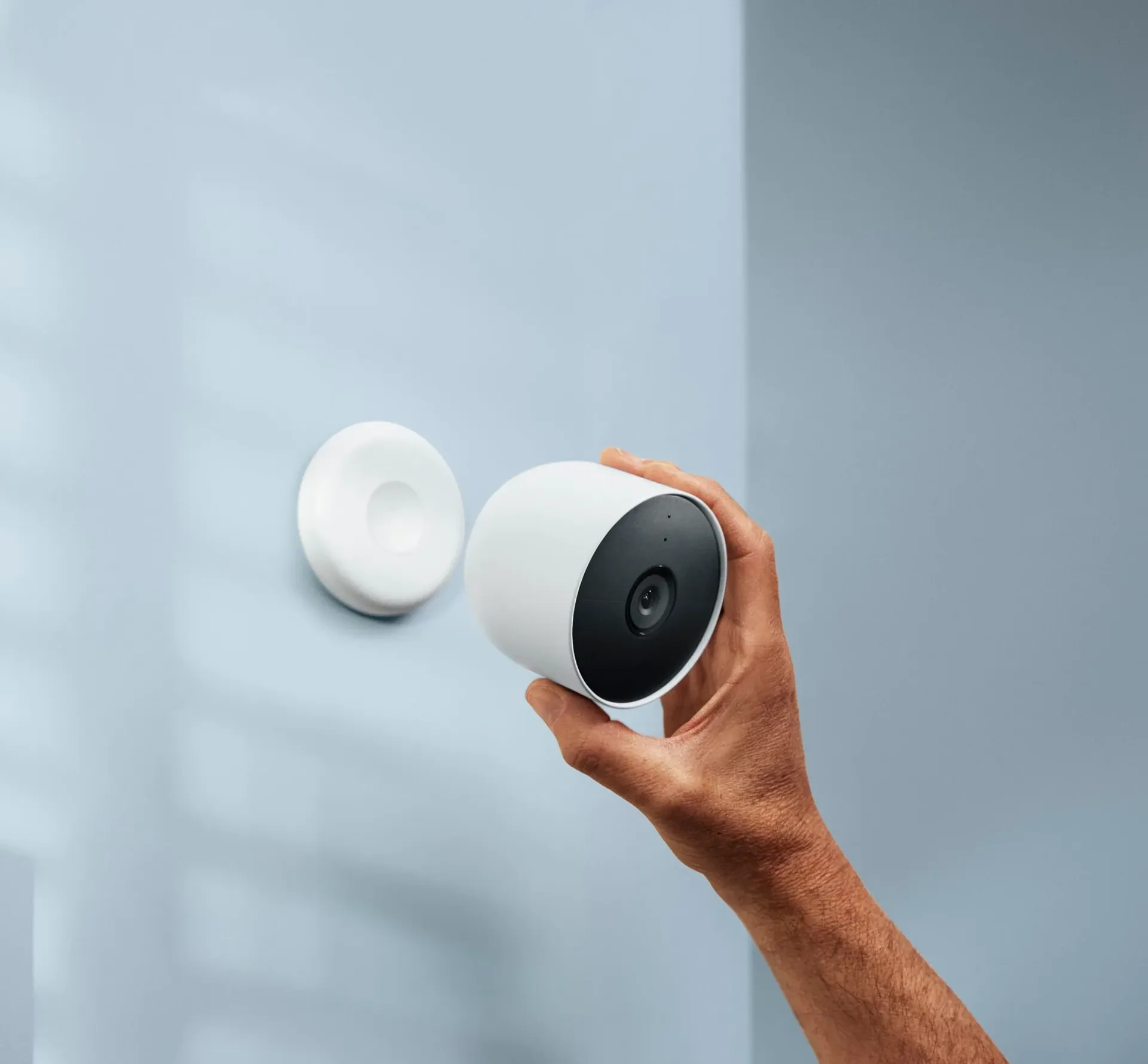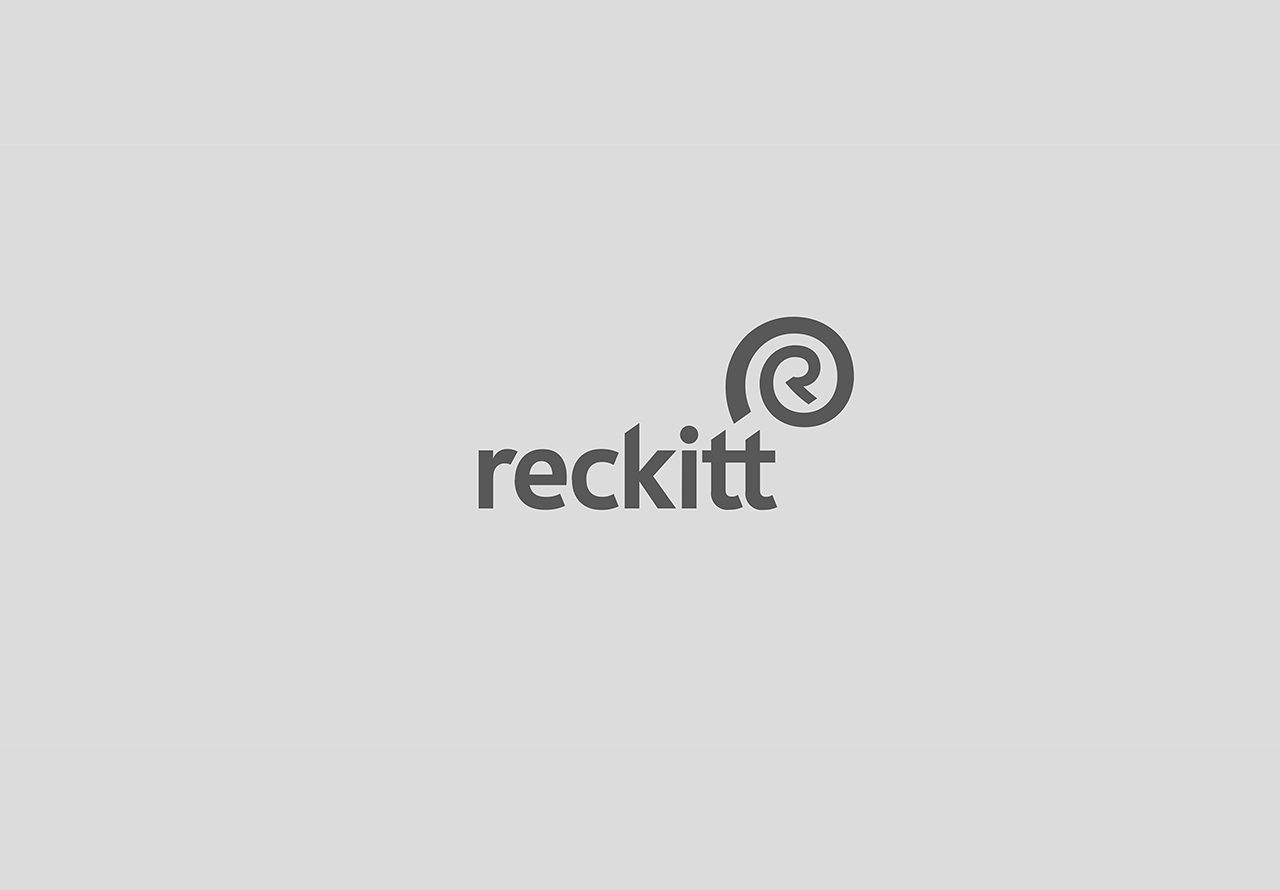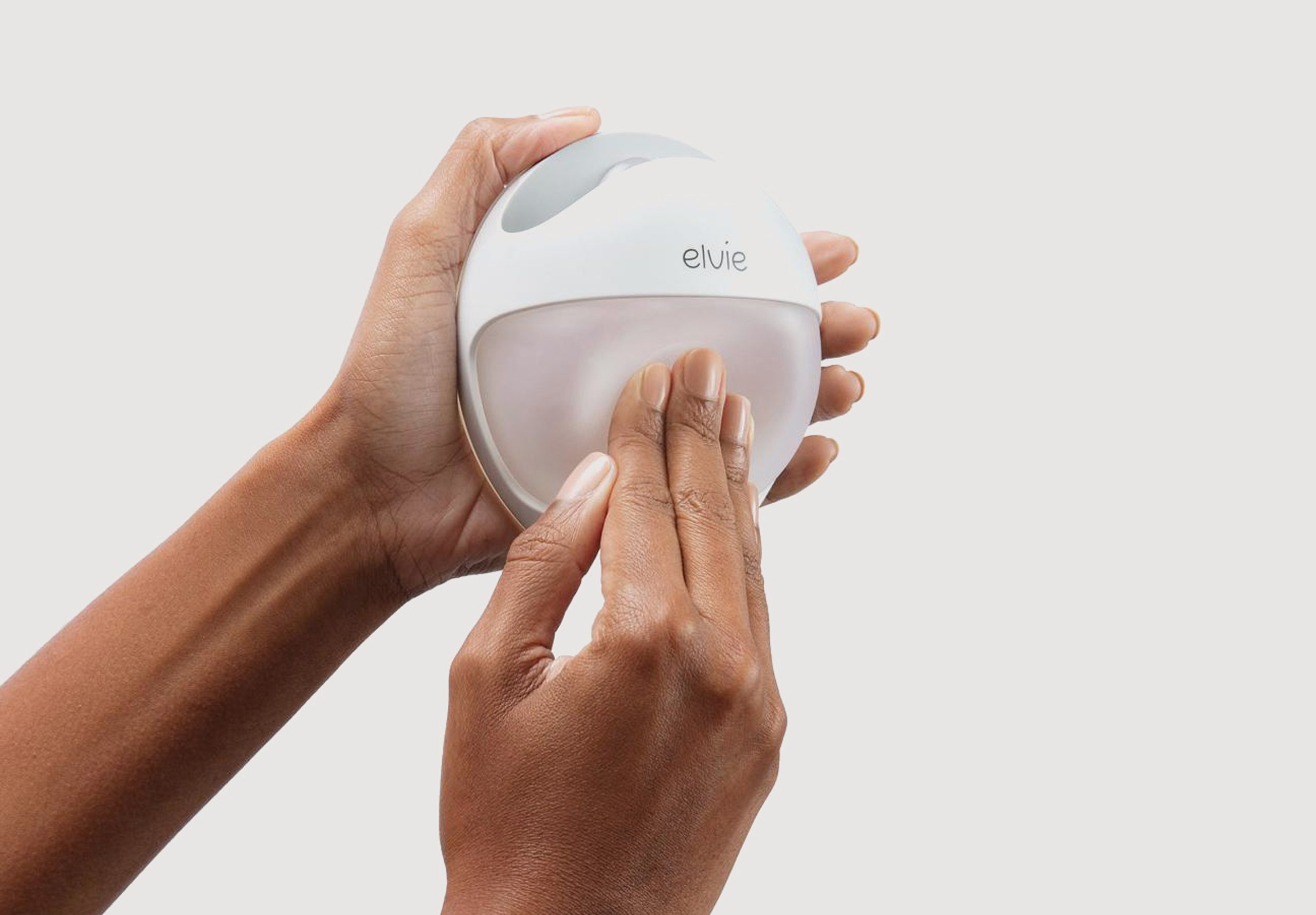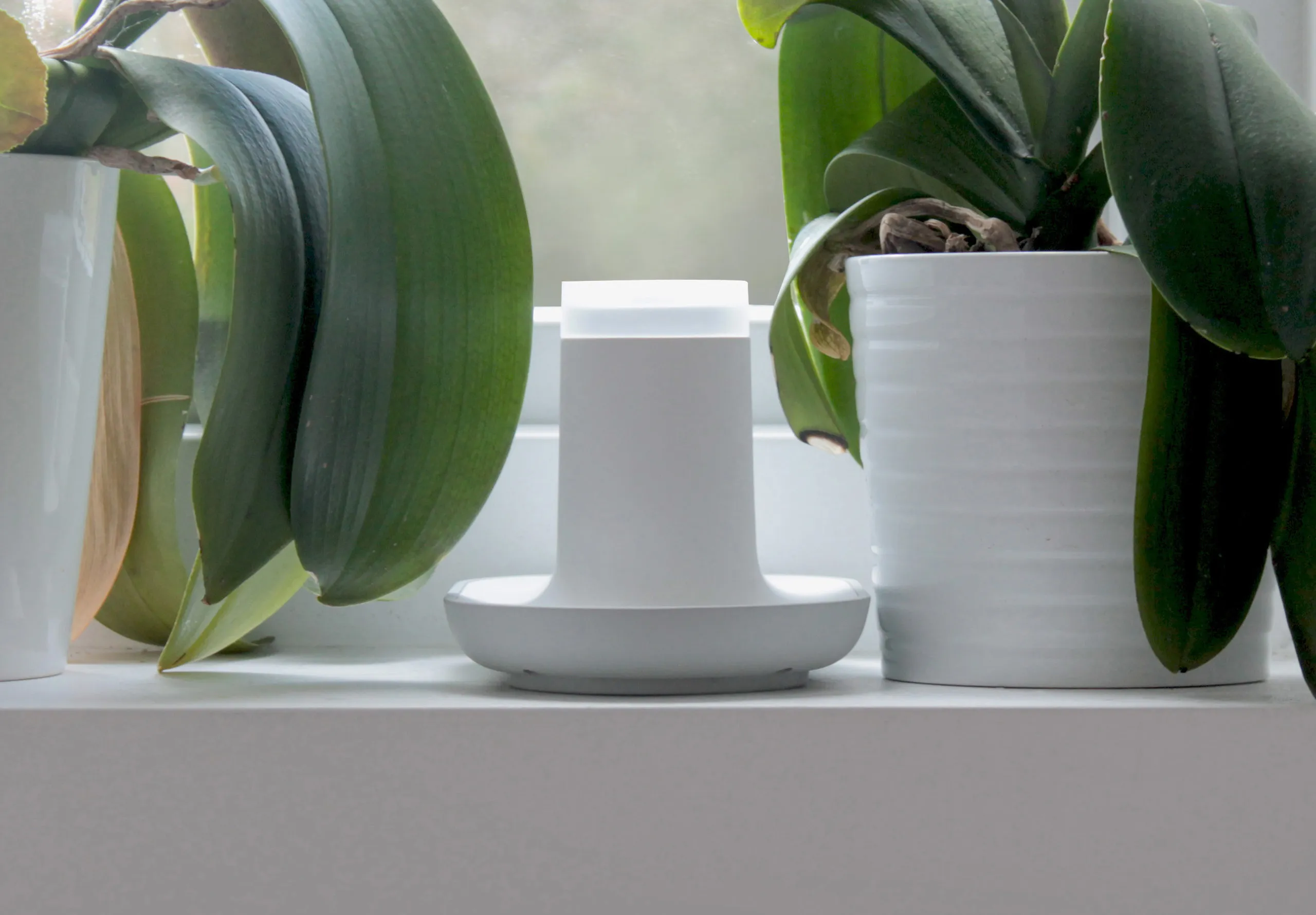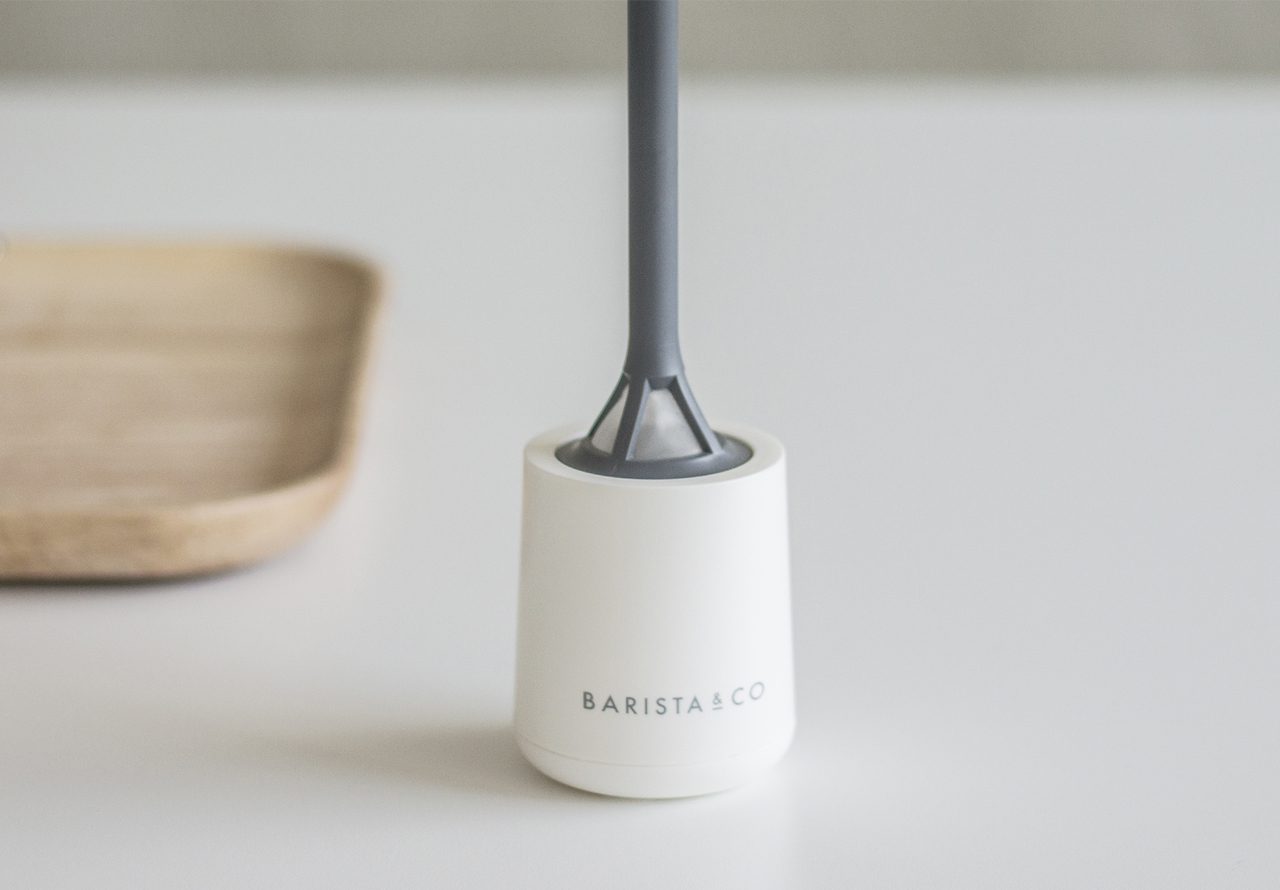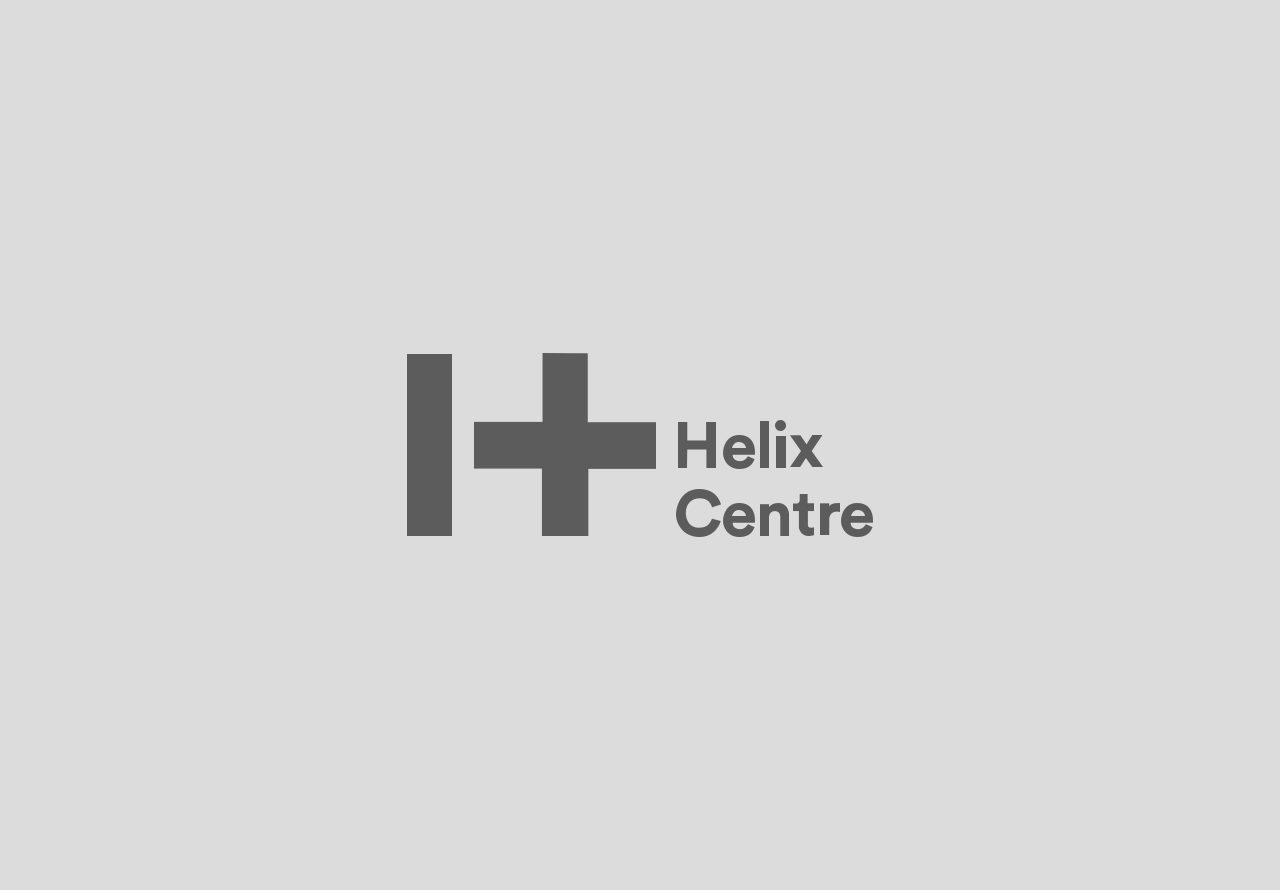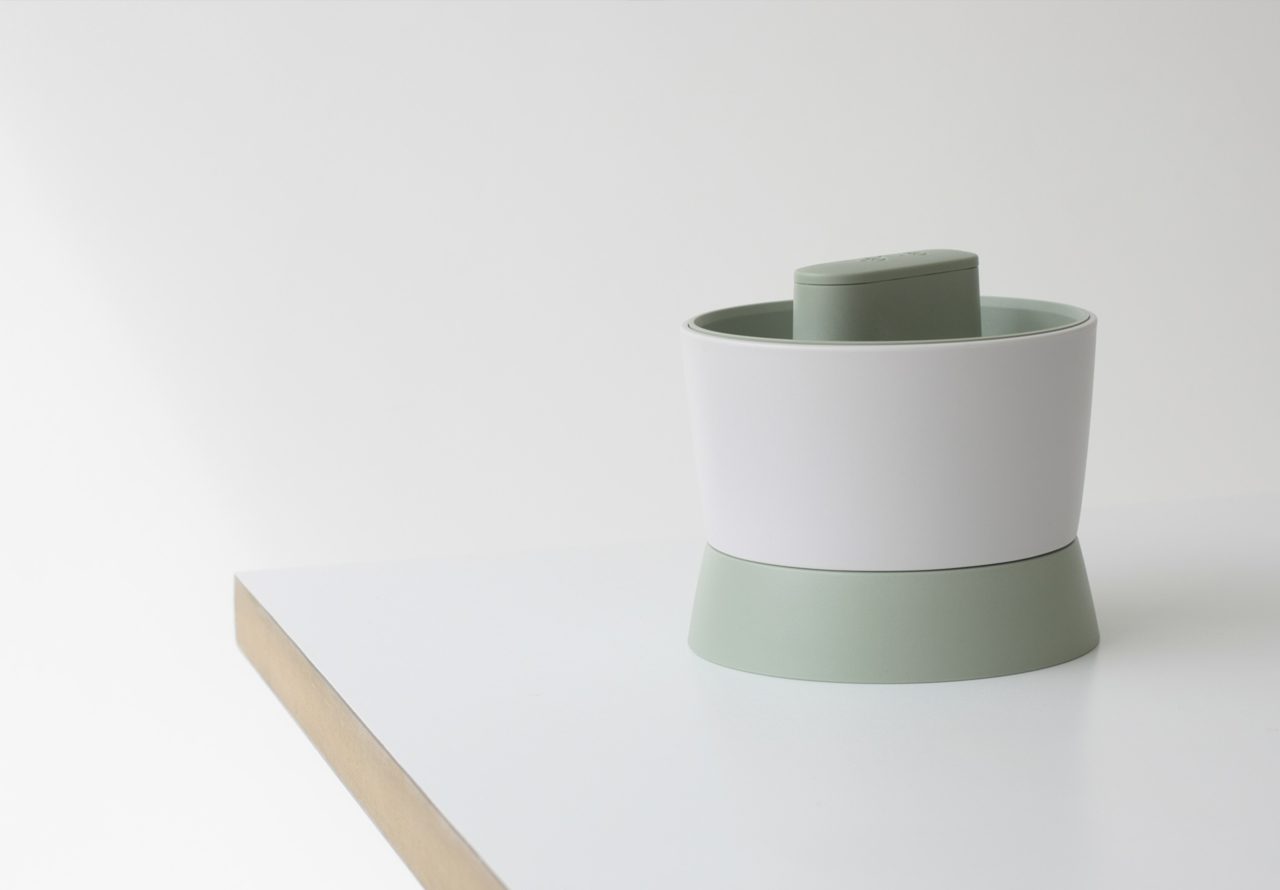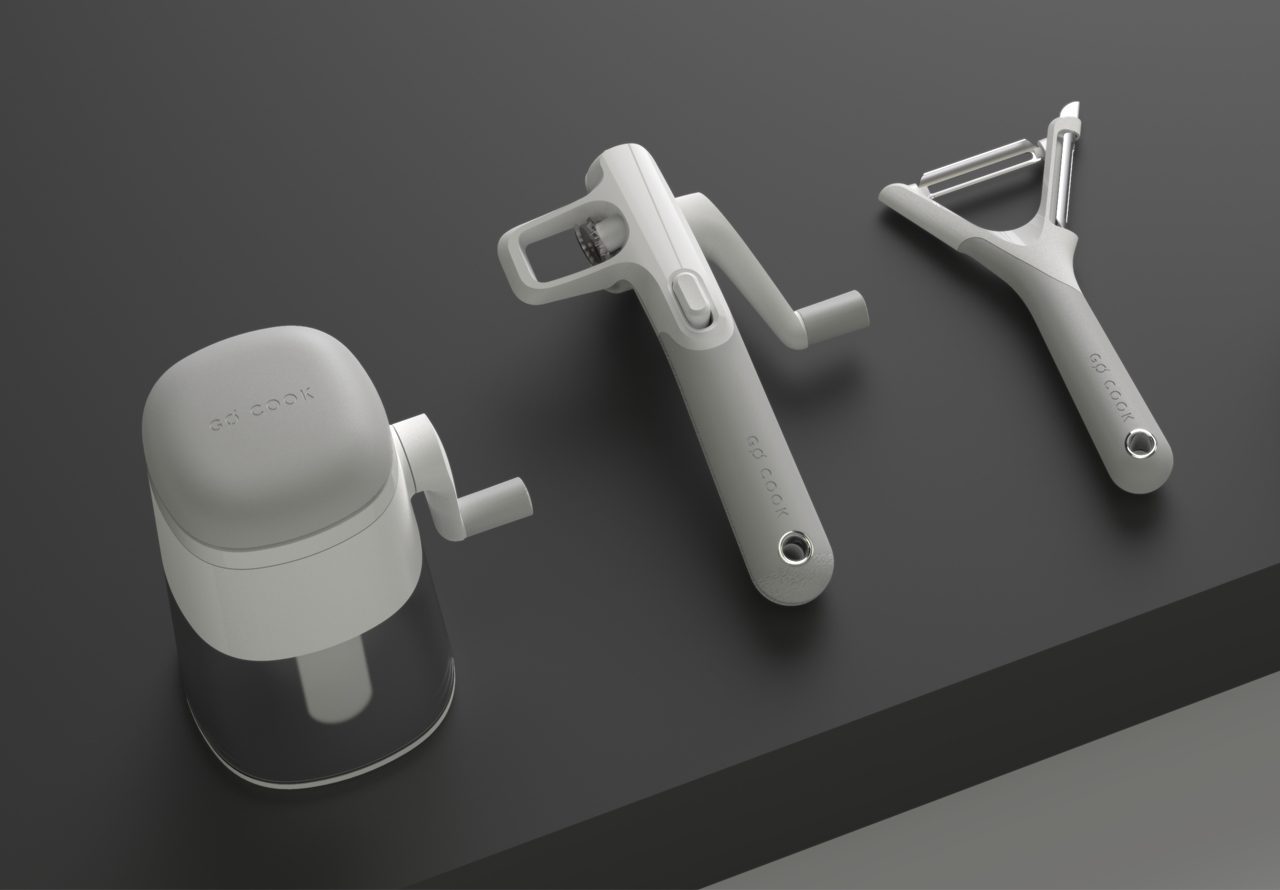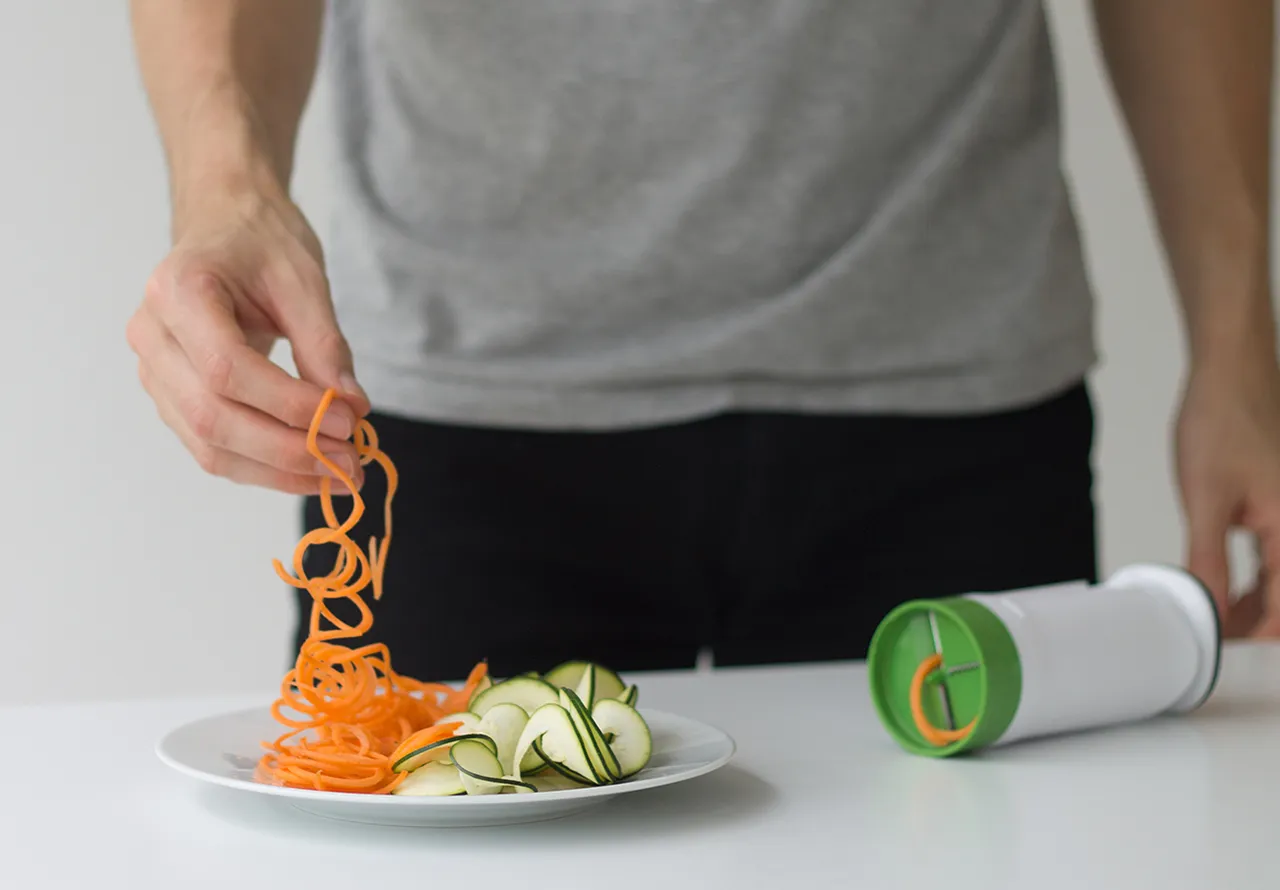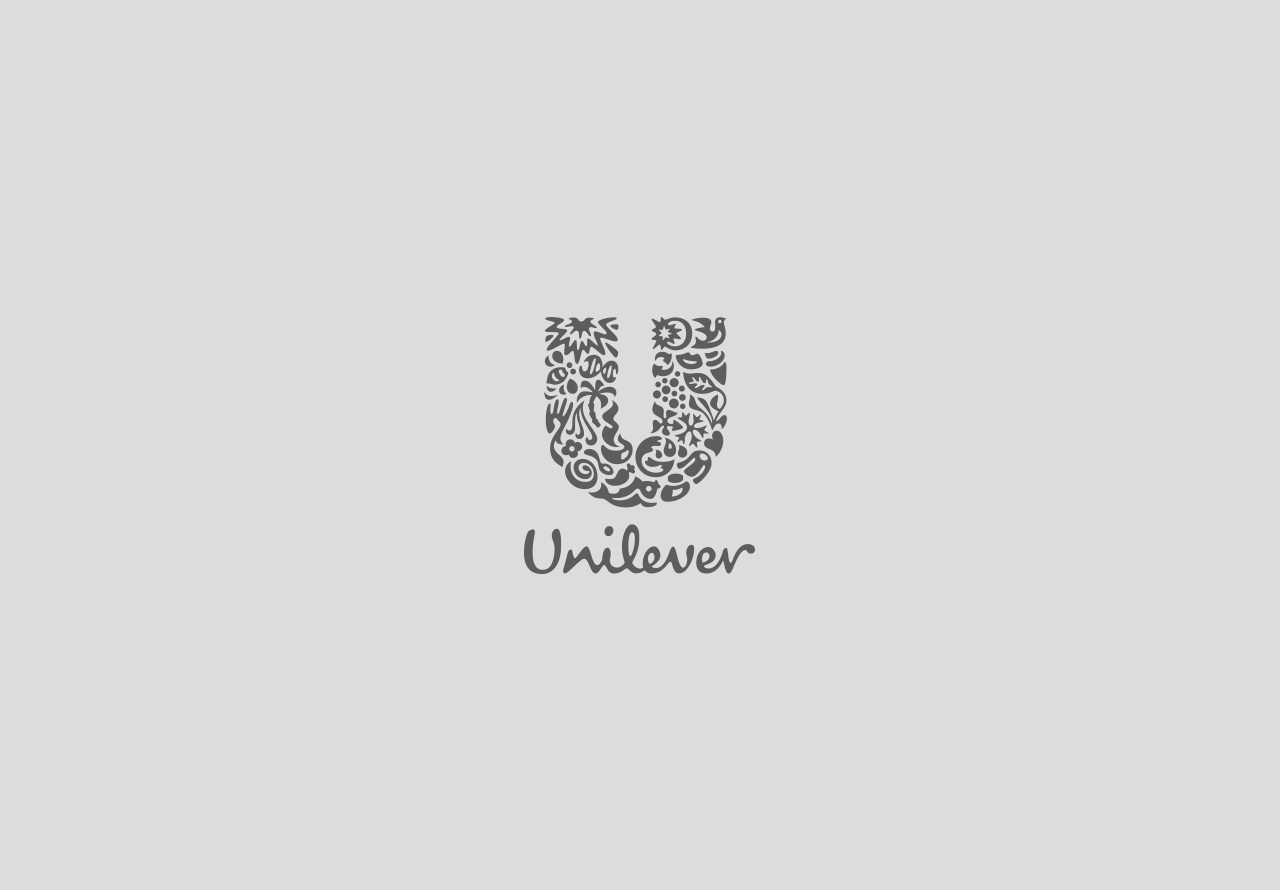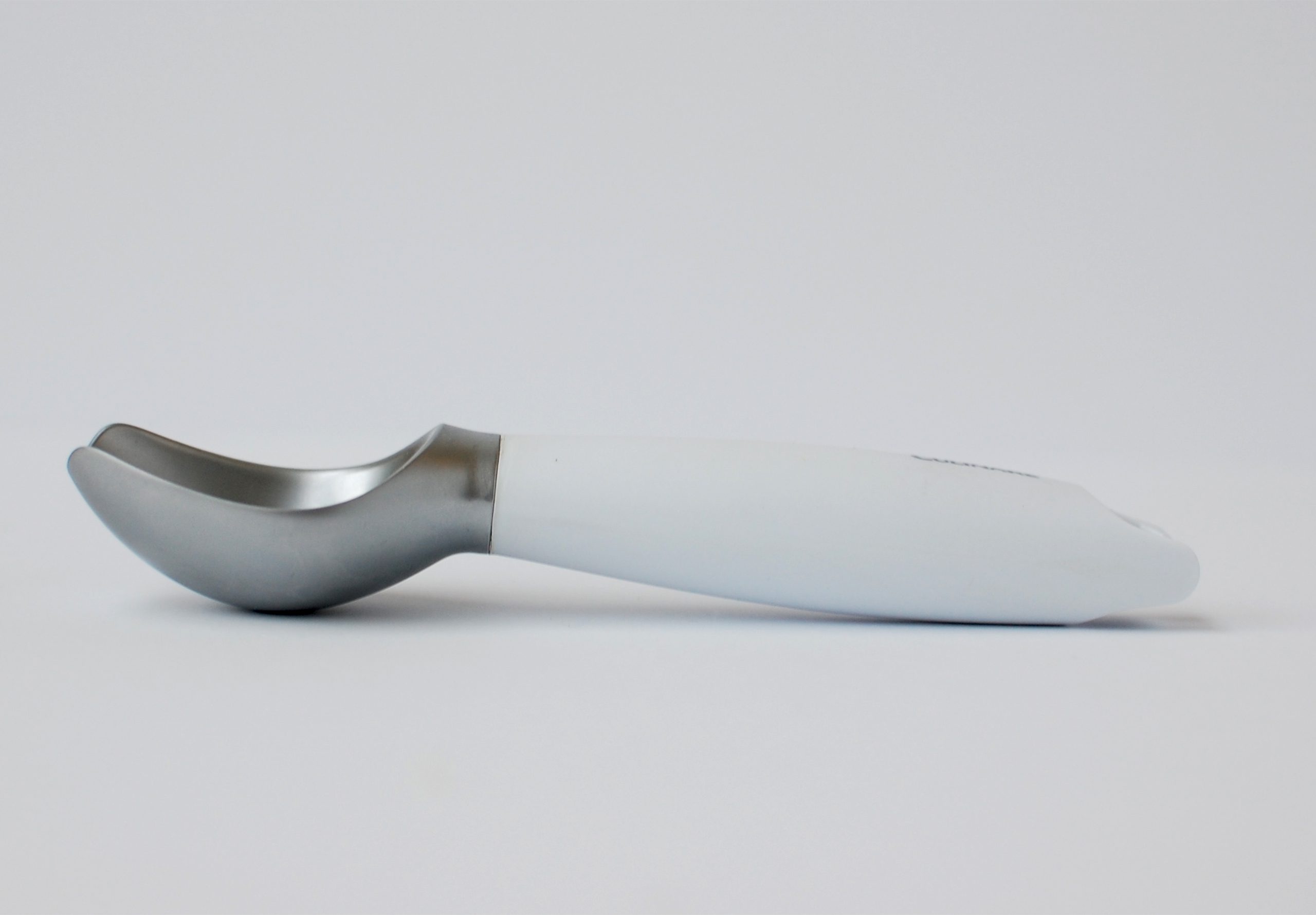Become a pioneer of the next economy
As we kick off the year, we want to introduce some of the prevailing social themes that will influence how brands engage with their consumers in the coming year.
We will set-out the ‘undercurrents’ that tomorrow’s leading organisations must master to become a new generation of intelligent enterprises, whose purpose is not just to be resilient and profitable, but also to be cognisant of changing needs of value-orientated consumers and above all sustainable.
(8 minute read)
Short on time? Use these links
Freedom and the renewed-self
Wanderlust and mindfulness have never been more poignant than during the last two years.
During life in lockdown, many of us turned to vicarious social media scrolling in lieu of real time adventure and stay-cations boomed as we rediscovered the soul rejuvenating beauty beyond our four walls.
Pioneering brands in the field
Origin.me a travel-tech company that designs bespoke travel experiences for their wanderlust membership. Not only do they pledge to provide friction free adventure, but they provide their members with more meaningful, sustainable ways to explore the world..
From farmer to fashionista. Designed to appeal to those that like their adventures a little more ‘rugged’ than RangeRover, but without compromising on the luxury the 2020 Land Rover Defender is becoming an icon for escapism and wholesome adventure.
Thrudark Same brand but what a contrast. Extreme wanderlust clothing brand Thrudark leverage the iconic Land Rover 110 and blend it with their own Special Forces background to evoke adventures of the dark, dangerous and mysterious kind.
Beyond the rejuvenating powers of travel, post-pandemic consumers are looking to take control of their health and wellness like never before. Not unsurprisingly, attention on our mental health and spiritual wellness has never been more firmly in focus, emerging as a design trend in its own right.
Leading the way in wellbeing
Nutrigenomics is the study of nutrition and a person’s genes. Nutritional genomics examines and analyses how nutrients impact genes, how genes impact reactions to specific nutrients, and why bodies may be struggling with detoxing or metabolising.
Vitl is one of a flood of wellness brands offering tailor-made supplements and at‑ home nutrition tests. By taking diet and lifestyle into account alongside genetic predisposition (and blood tests) Vitl helps work out what your body really needs before designing nutritional supplements to help maximise potential. Just what the doctor ordered.
Veri.co. blurs the line between the Low-Gi diet fascination, new-age nutritional support brand and health-tech startup. Their claim; gain unique insights about your diet, sleep and performance. No magic diets, no drugs. Just healthy eating. The Helsinki, Finland-based company views itself as a food intelligence company, as its sensor and the accompanying app can help people understand their optimal diet to improve the state of their metabolic health. The idea is to make blood sugar readings as commonplace as heart readings, which are now easily deciphered by smartphones, wearables, and their apps..
Takeaway
How can your brand support the value orientated consumer? Are you sufficiently focussed on health both physiological and mental? Do you provide an obvious link to empowered decision making? How can you transport from one context to another?
Overcome stereotypes and celebrate gender inclusion
Traditionally the world of consumer goods has been awash with gender stereotypes, but thankfully we are now seeing an upswell of new brands (and old) changing their ways. Finding new ways that better represent our priorities and values around inclusion to overcome outmoded gender depiction.
This much needed ‘rethink’ of gender portrayal has brought about a contemporary thoughtfulness, combined with new and exciting visual treatment and a welcome departure from traditional gender/performance cliches.
Brands can carve out a visual differentiation and establish their ethics by exploring the liberating potential of this approach.
Brands breaking barriers
True Name by Mastercard. For many in the LGBTQIA+ community, the name on their credit, debit or prepaid card does not reflect their true identity. True Name from MasterCard is refreshingly simple innovation that will allow for chosen names to appear on the cards, helping ease a major pain point for the transgender and non-binary communities.
Humanrace. Pharrell Williams can now add another string to his bow as well as being a record winning singer, songwriter and producer. He has launched a skincare line called Humanrace which is designed for all races and genders.
Humanrace says, “we design essential tools for living that support good habits and benefit the mind, body and spirit. We know that the things we surround ourselves with have a powerful impact on our ease of navigating life. We believe that the way our products make you feel when you use them, wear them, or see them in your home is just as important as their function and quality. That’s why we only consider a product successful if it is necessary, useful and beautiful.”
The brand’s ‘colours’ are its singular driving purpose and are underpinned by its sustainable philosophy. It’s set to do extremely well.
Takeaway
Can a relaxation on traditional gender messaging open up a wider market? How do you reposition traditional gender/performance related messaging into a gender inclusive one without loosing your performance message?
Can this purpose driven approach help you to premiumise your brand?
Beyond human-centred, enter planet-minded design
We are facing the greatest collective challenge in human history. Yet, sadly too few brands are doing enough to tackle it.
Whilst an increasing number of consumers are thankfully beginning to vote with their ‘clicks’ many brands are yet to engage successfully at a scale to deliver what the planet needs. Business as usual has come to an end.
Consumers will increasingly expect brands to declare their ‘purpose’ and then celebrate it through ‘design’ that is regenerative, and planet positive- those that resist this will be left behind.
Brands rising to the challenge
Forest for Change by Es Devlin // London Design Biennale 2021. Created by Es Devlin, the Forest for Change looks at the world-changing power of design, under the theme of ‘Resonance’.
The idea for the forest began when Devlin was told that trees had been forbidden from the courtyard at Somerset House for 250 years. She then wanted to “counter this attitude of human dominance over nature, by allowing a forest to overtake the entire courtyard.” The centre features totems which each represent the 17 United Nations’ Global Goals for Sustainable Development.
These goals show ways to engage and alter our behaviour towards climate change, poverty, inequality, health, and justice, and are part of an ambitious plan agreed to by all nations to create a better and fairer world for all by 2030. The installation is partnered with Project Everyone, a not-for-profit organisation who work to promote engagement and progress on the Global Goals.
Google. Ivy Ross, Head of Design at Google has publicly nailed her colours to the mast when it comes to championing sustainable design within the organisation.
Google’s own beautiful design language symbolises, to us at least, the direction of travel for tech in the home, beautiful, simple and empowering. All underpinned with an unwavering attitude to planet first manufacturing.
1 n 9.Korean brand 1 n 9has created a beautiful execution for its concentrated household cleaning products elevating from trash can chic to beauty product.
Whilst the brand’s solution to planet first design is not unique, with many of the big household names already innovating how to ship less water content through the use of powered tablet concentrates, but their beautiful approach to design appeals to us as it feels positive without being evangelical or green-washed.
Haeckels x Ozone Coffee & Seaweed Block. This limited-edition collaboration between Haeckels and Ozone Coffee Roastery is their first circular product utilising waste coffee grinds in the soap and waste coffee cups to make the packaging.
Haekels say, “Our soap uses waste coffee grinds from Ozone’s London Eatery to create a vegetable-based, vegan formula to scrub away dirt and smooth rough patches all over the body. We then add seaweed, aloe vera and tea tree actively hydrate and repair the skin, making it ideal for daily use. The product is housed in paper made from up-cycled coffee cups. It’s our first circular product in all but shape.”
Takeaway
Devoted sustainable consumers are still (sadly) in the minority so brands should explore how new-value models might engage mass market consumer that are sustainable by default.
Eco-Warpaint is definitely not what the world needs — avoid the greenwash and accelerate sustainable-innovation within your business.
Regenerative solutions should be the focus, not only are they best for the planet but they also help build greater connection with consumers and help transition in to a D2C relationship.
The benefits of heartfelt brand positioning and a strong narrative are clear, and widely understood, but now, more than ever before products and services must continually innovate to meet the ever changing values of influential consumers and must of course meet the over-arching need to be regenerative.
Brands that adapt positively will become the pioneers of the new economy those that do no not risk being left behind.
Business as usual is over.
Let's make you a pioneer
We work with purposeful brands and adventurous founders, creating disruptive propositions that appeal to the next generation of conscious consumers.
By deciphering rich insights and translating them into engaging value propositions, we create, prototype and iterate game-changing product, experience and service innovations.
This helps you unlock new markets, prepare for the value-driven economy, and excite your consumers.

